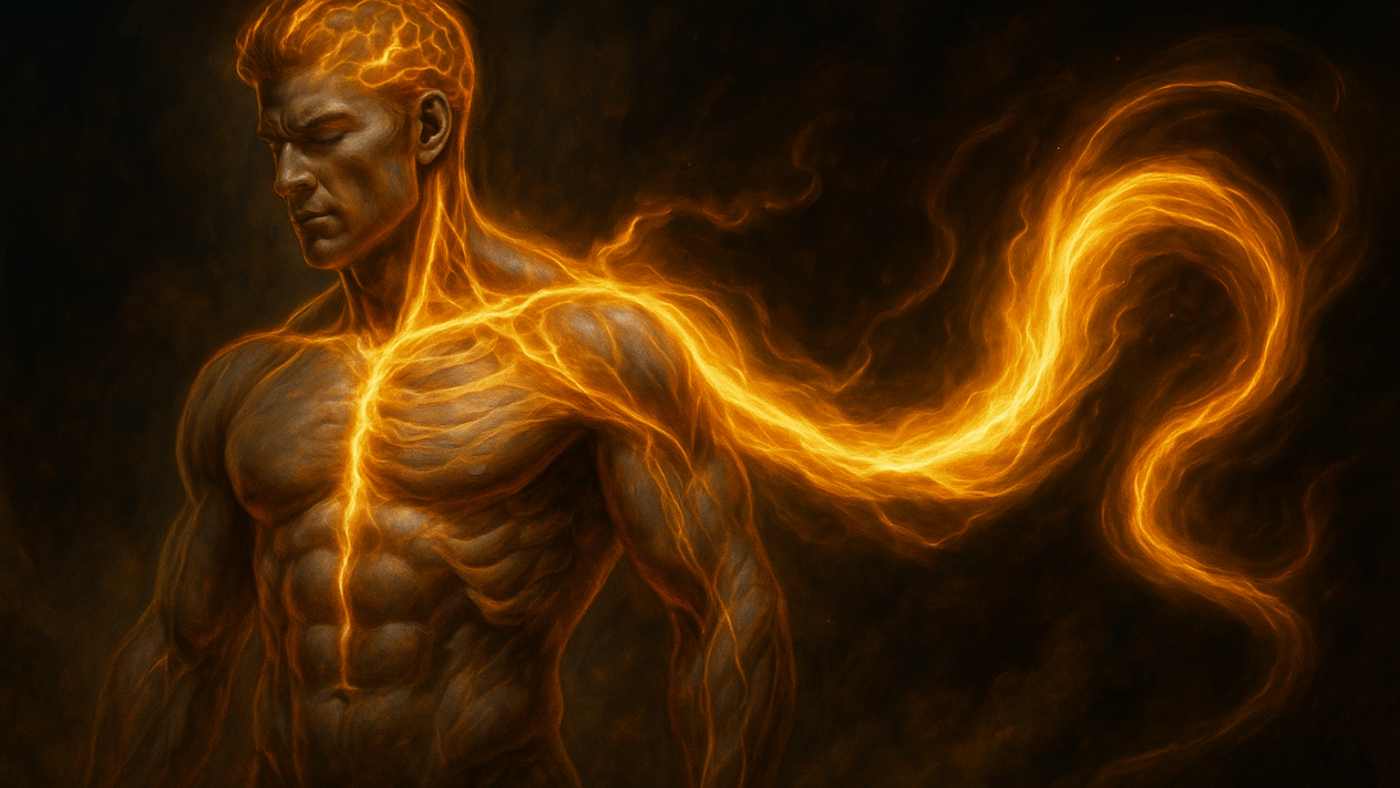
Testosterone is often boiled down to the “male sex hormone,” but it is so much more. (Its effects include energy, mood, muscle bulk, bone density, production of red blood cells, and even motivation (1).
And when testosterone levels dip below that range, it can set off a flurry of physical and mental changes that, over time, may be mistaken for the typical effects of aging.
How Do You Know If Your Testosterone Is Low In Men?
Although the signs of low testosterone can vary, they usually appear in three main areas: sexual function, mental health, and physical performance.
One of the first signs is a loss of energy.
Men with low testosterone frequently complain of feeling sleepy even after a full night’s sleep.
They may also notice that their performance is suffering in workouts, with slower muscle recovery, or having a hard time preserving or building up muscle mass.
Sexual health changes are another sign.
Low sex drive, decreased morning erections, and problems with sexual performance can be indications that testosterone is less than optimally available (2).
While a waning sex drive is a natural part of aging, a sudden drop can be related to a hormone imbalance.
The changes in mood and mind are usually ignored.
Men might also encounter mood swings, irritability, or a depressed attitude (3).
Low testosterone is also associated with motivation and drive, so if you haven’t been feeling like yourself or have become less interested in activities you normally enjoy, that could be a red flag.
Physical changes also encompass gaining more body fat (especially around the belly), decreased body hair, and osteopenia.
Men sometimes suffer from gynecomastia, which is extra breast tissue due to a hormonal imbalance.

Why Testosterone Deficiency Is Frequently Overlooked
A lot of these symptoms you may attribute to getting older, being too busy, or being out of shape, which is why low T regularly goes unaddressed.
Men might shrug off fatigue or mood swings as just a normal part of getting older, when in fact, their hormone levels could have plummeted to subnormal levels.
Blood tests are the only way of knowing for sure whether you are deficient, but simply being aware of the symptoms is a good start for seeking help.
Consequences of Low-T for Men Left Untreated
If not treated, low testosterone can affect long-term health.
Loss of bone density can raise the risk of fractures, and extra body fat can increase the risk of diabetes and cardiovascular disease (4).
Psychologically, long-term low testosterone can lead to depression and anxiety, another cycle of poor health results.
Taking Action
Treatment of low testosterone begins with understanding its symptoms.
Men who experience these symptoms ought to consult a medical professional.
Daily routines that promote healthy testosterone include stress reduction, better sleep, and weight control.
In extreme situations, testosterone replacement treatment might be recommended for the patient.
To Finish
Low testosterone is much more than simply a diminished sex drive. It’s a systemic problem that can affect energy, mood, body composition, and long-term health. When they are clued in to the signs, men can take action before it escalates into more serious problems.
💪 Be in charge of your own health; don’t turn a blind eye to what your body is trying to tell you! 💪
FAQs on The Silent Epidemic: Hidden Signs of Low Testosterone in Men
At what age do males typically get low testosterone?
Testosterone normally starts to drop slowly after age 30, but some men lose it more quickly.
Can stress lower testosterone levels?
Certainly, chronic stress elevates cortisol and suppresses testosterone production straight.
Is sexual dysfunction the sole symptom of low testosterone?
No, fatigue, mood swings, muscle wasting, and weight gain are also present frequently.
How is low testosterone diagnosed?
Testing for both total and free testosterone in the blood makes the diagnosis simple.
Is testosterone therapy safe?
When done under a doctor’s supervision, testosterone therapy can be safe, but it has risks that should be discussed with one another.
Related Studies
1. Title: Effects of Testosterone Treatment in Older Men (NEJM, 2016)
Improved sexual function, mood/vitality, and aspects of physical function in older men with low T.
DOI: https://doi.org/10.1001/jama.2019.4914
2. Title: Identification of Late-Onset Hypogonadism in Middle-Aged and Elderly Men (NEJM, 2010)
Sexual symptoms like low libido and decreased morning erections are the most specific indicators of low testosterone.
DOI: https://doi.org/10.1056/NEJMoa1809970
3. Title: Association of Testosterone Treatment With Alleviation of Depressive Symptoms in Men Systematic Review & Meta-analysis (JAMA Psychiatry, 2019)
Meta-analysis of 27 RCTs found testosterone treatment significantly reduced depressive symptoms, especially at higher doses.
DOI: https://doi.org/10.2337/dc20-1234
4. Title: Testosterone Treatment and Fractures in Men with Hypogonadism (NEJM, 2024)
Testosterone improved bone measures but did not significantly reduce fracture risk, confirming bone fragility as a major low T consequence.
DOI: https://doi.org/10.1093/ajcn/nqaa007






